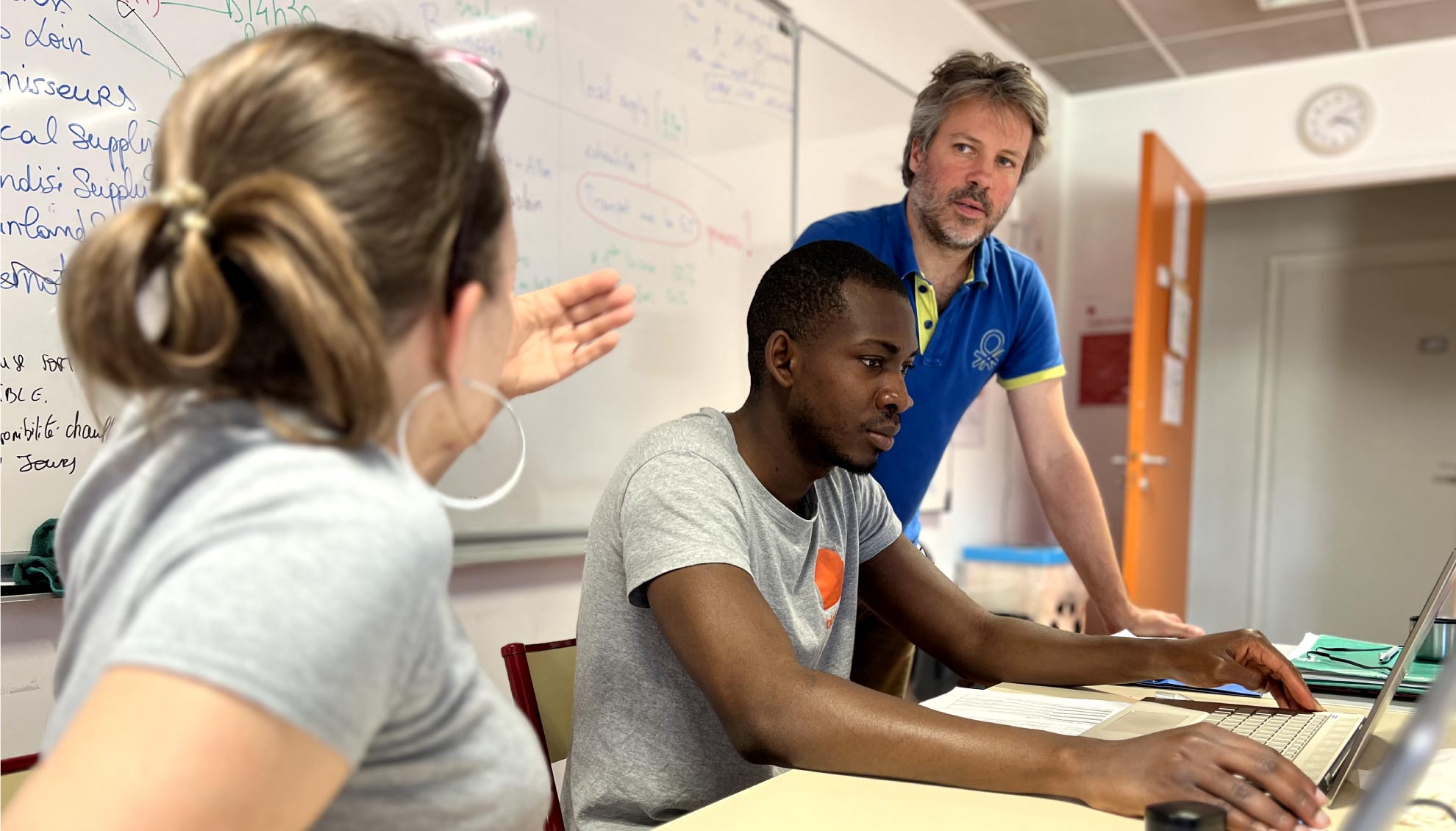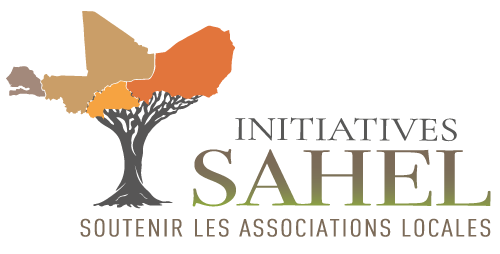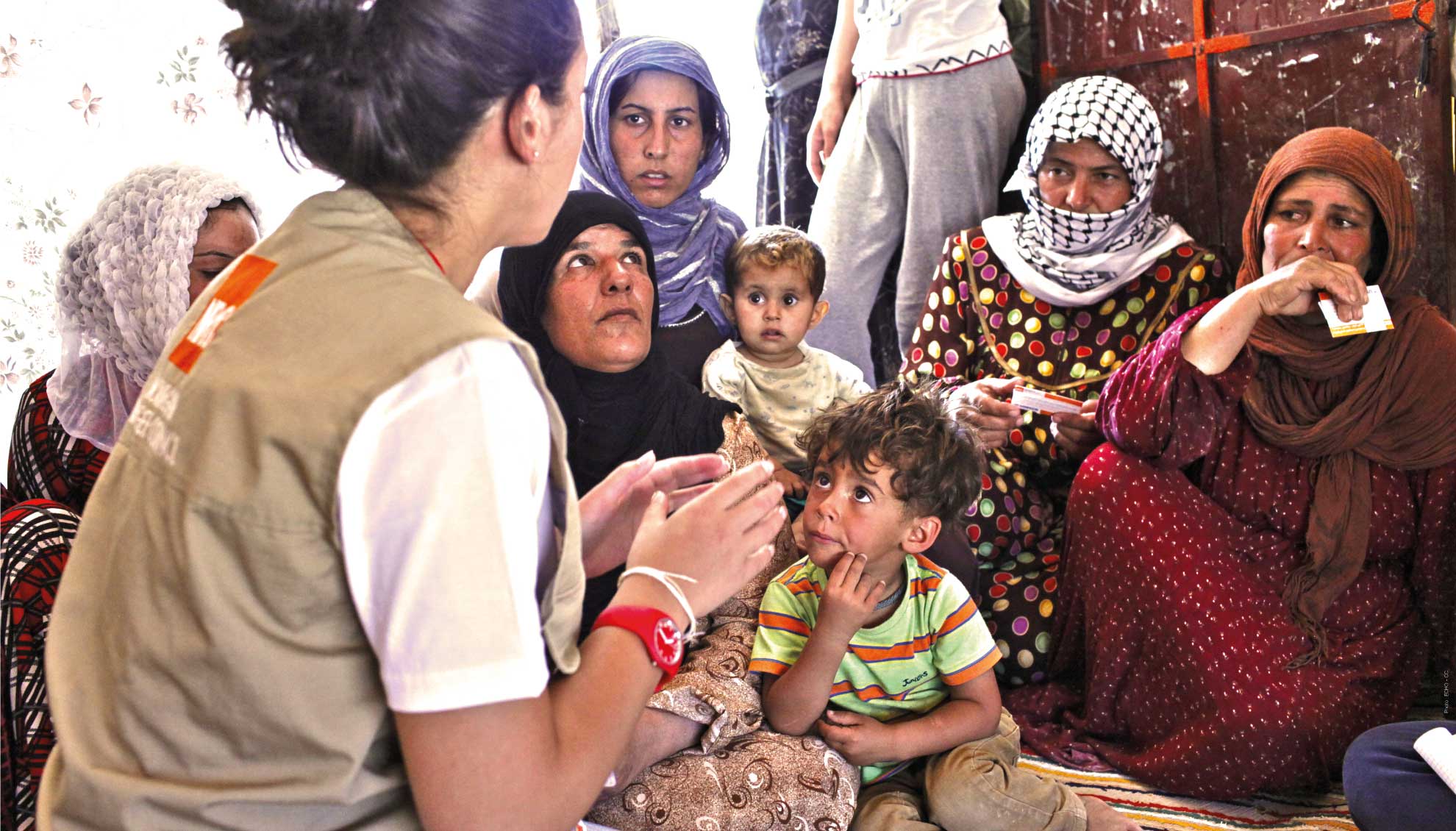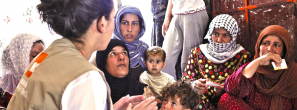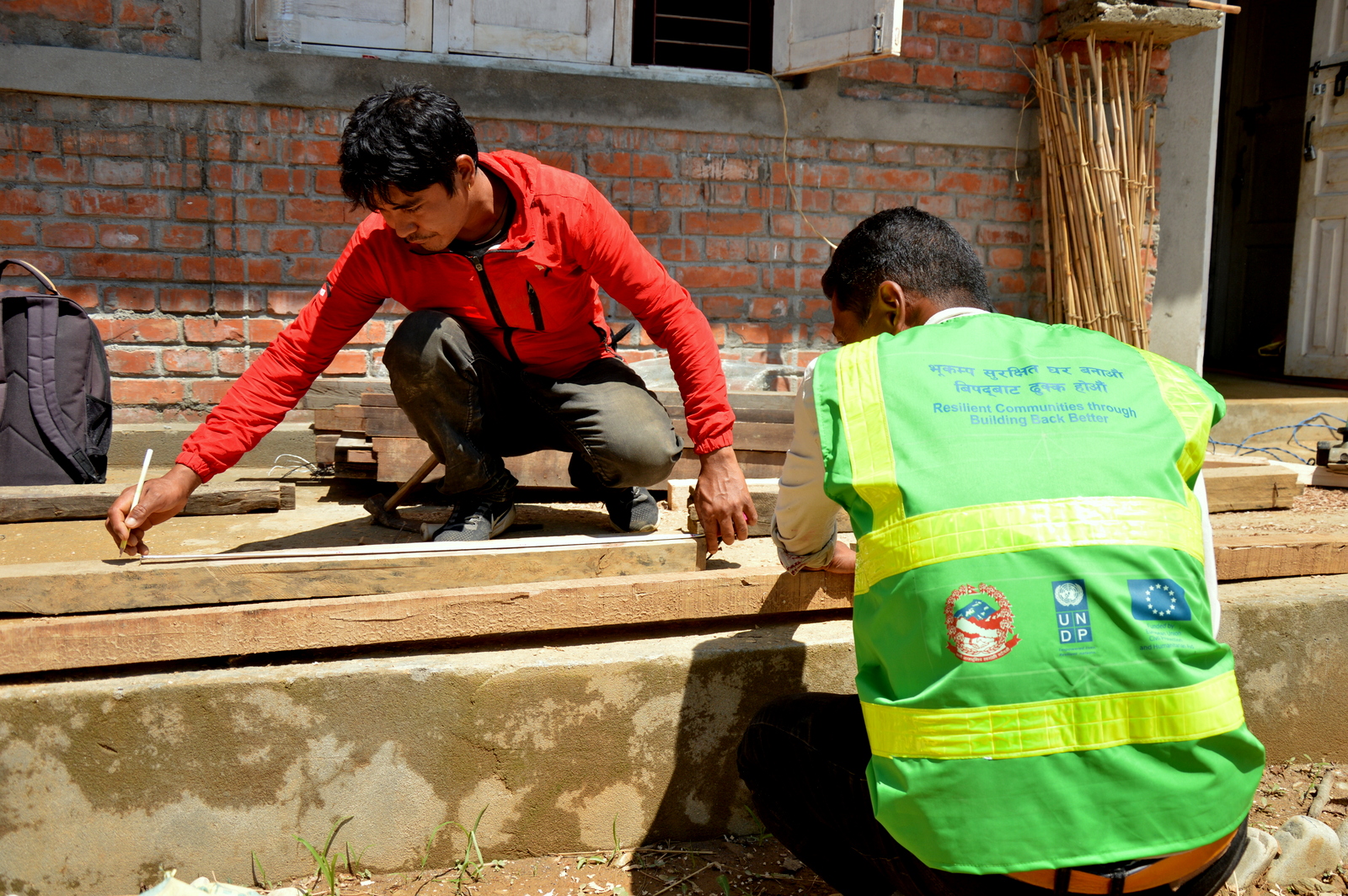
The SOHP conference gathered more than 500 humanitarian professionals
On November 17 2020, 566 humanitarian professionals from all continents participated in the online conference presenting the results of our study “The State of Humanitarian Professions 2020 (SOHP)”.
The highlight of an ambitious work which Bioforce started a year ago,
this conference was designed as a platform for reflection, but above all for recommendations to give concrete expression to our intuition: a space for dialogue and continuous reflection on the challenges of professionalising the sector is more necessary than ever, because the quality and accountability of humanitarian action depends and will continue to depend on the quality and professionalism of its staff.
Over the past year, Bioforce, with the support of Monaco’s International Cooperation Office and of an Advisory Group including Humanity & Inclusion, ALNAP, PHAP, CHS Alliance, NRC, WFP and ICRC, has drawn up the first international state of humanitarian professions. Nearly 1,000 humanitarians expressed themselves during interviews, workshops in 10 countries, and in a large-scale survey.
For the first time, these contributions provided quantified, measured and, effectively, decisive information on 24 humanitarian professions recognised by the sector and made it possible to describe their evolution and the competencies they require. More broadly, this massive consultation provided useful and shared information on recruitment practices and professional development in the humanitarian sector.
These first results were presented on November 17th during an online conference hosted by our partner PHAP. 566 humanitarian professionals from around the world joined us: 35% from Europe, 29% from Sub-Saharan Africa, 13% from Asia, 9% from the Middle East and North Africa, 9% from North America, 3% from Latin America or the Caribbean, 2% from Oceania.
Comments and polls conducted throughout the presentation generated additional data, in most cases, affirming the existing findings. A panel discussion brought together four professionals to further discuss the findings of the study: Keiko Cornale, International HR Manager at the French Red Cross; Yves Horent, Senior Humanitarian Adviser to the Foreign, Commonwealth & Development Office (FCDO) ; Virginie Lefèvre, Program and Partnerships Coordinator at Amel Association International; and Boris Lissassi, HR Manager at UNICEF.
The second part of the conference involved 63 selected humanitarian professionals with interest in human resources, learning and professionalisation. These participants collaborated to generate 19 recommendations in response to four fundamental questions that emerged from the study:
- How do we drive professionalisation when professions aren’t recognised? Do we need professions to drive professionalisation?
- How do we stop bias making humanitarian recruitment less effective?
- How do we ensure that humanitarians have the competencies to do their job effectively? And what are the risks of not doing so?
- How can we drive localisation in humanitarian staffing?
100% of poll respondents found the conference useful and 95% said that SOHP work should be continued into the future. More than four in five supported the concept of an ongoing observatory on humanitarian professions. One expert panelist described the study as “A milestone, and timely research”.
The full report “The State of the Humanitarian Professions 2020”, including the recommendations from the conference, was published early 2021.
Access the full replay of the conferenceWith the support of
